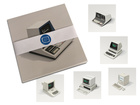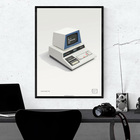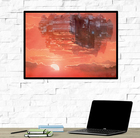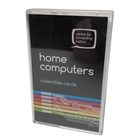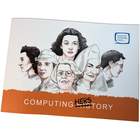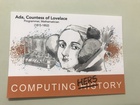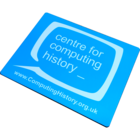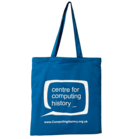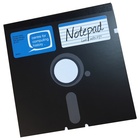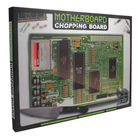Museum Joins LEO Computers Reunion
|
On the 7th April 2019, the Centre for Computing History joined the LEO Computers Society 2019 reunion and exhibition at the splendid venue of the Victory Services Club, Marble Arch, London.
With an attendance of around 80 including some invited guests, the event gave society members the opportunity of catching up with colleagues – some from as long ago as the 1950s, including at least half a dozen who had worked on LEO I, the world’s first business computer. At the event we interviewed some of these pioneers too as part of our Heritage Lottery Funded (HLF) project to preserve, protect and promote LEO’s story.
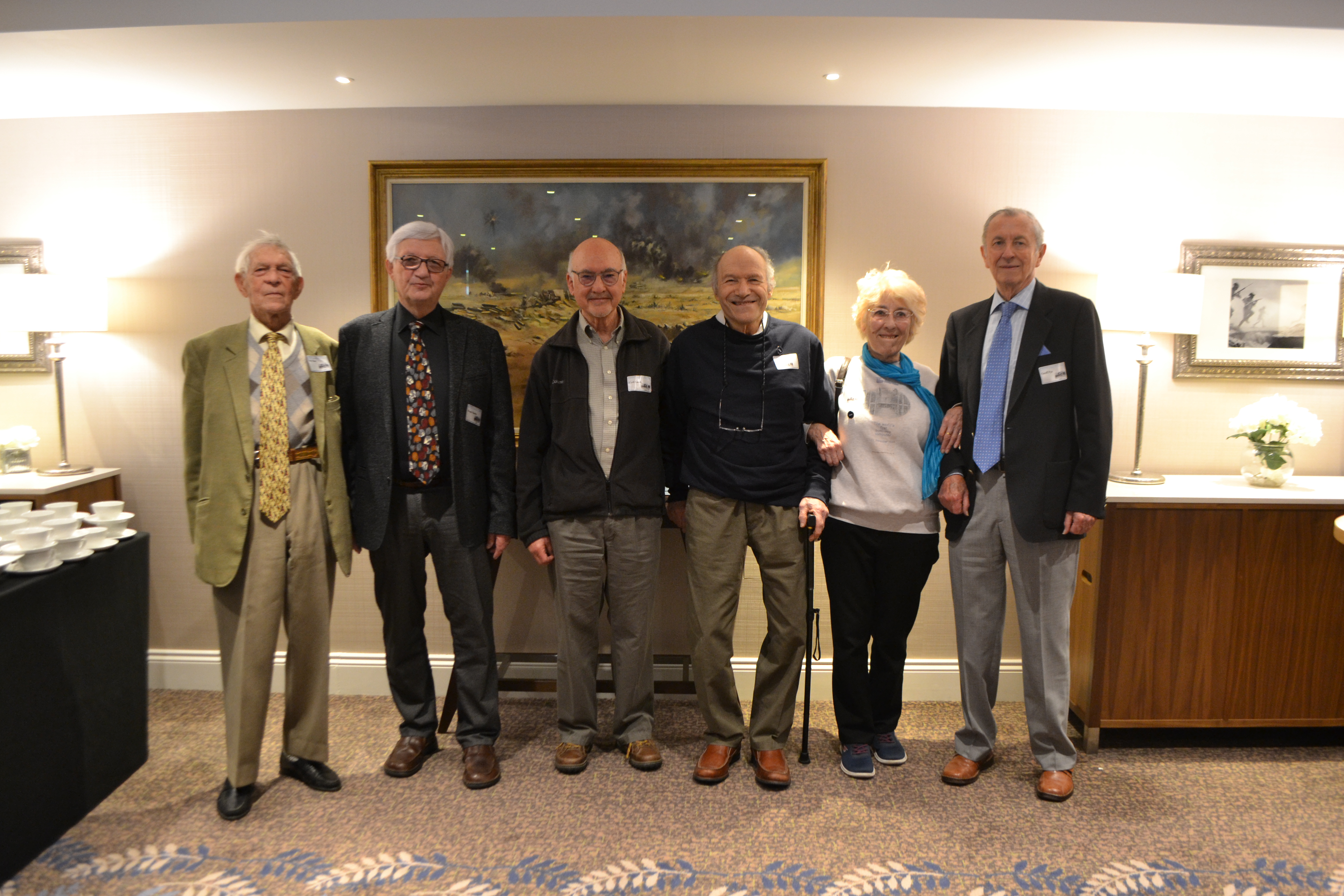
Among the displays relevant to the occasion:
The story of J Lyons and Co, the giant caterers and parent company of LEO, was demonstrated by a display of memorabilia, food products, historic documents and photos, curated by Neville Lyons, a relative of the company’s co-founder. The LEO story itself was told through a mixture of historic documents, pieces of hardware and a slide show of photos of the early machines and their operators.
Two of the major organisations who purchased versions of LEO were also represented: Stewart and Lloyd’s Corby Steelworks and the General Post Office. The S & L display was co-ordinated by three of its former programmers: WEJ Parry, Derek Ashworth and Alistair Cochrane. It included a section of their Leo II, now part of the Corby Borough Council collection. The Post Office’s display included documents held at the Postal Museum and was represented by Malcolm O’Neal, a former programmer and Centre Manager of one of the 14 LEO III machines purchased by the GPO. These had been used mainly for phone billing purposes across the country when the GPO ran our telephone network, prior to privatisation. An Intercode demonstration and tutorial was given by David Holdsworth and after a high-quality buffet lunch, the Chairman of the Society, Peter Byford gave an overview of the Society’s recent progress. They now have more than 700 members in 21 different countries, with increasing involvement in social media. The Society has recently become a registered Charity. Lisa McGerty, who is leading the HLF project, gave an illustrated explanation of its progress – of the recent engagement of an archivist and how strong efforts are being made to gather in LEO artefacts currently held by members.
Professor Frank Land explained the development of LEOpedia, the comprehensive listing of all LEO memorabilia, collections, articles, films etc. which currently extends to 78 pages!
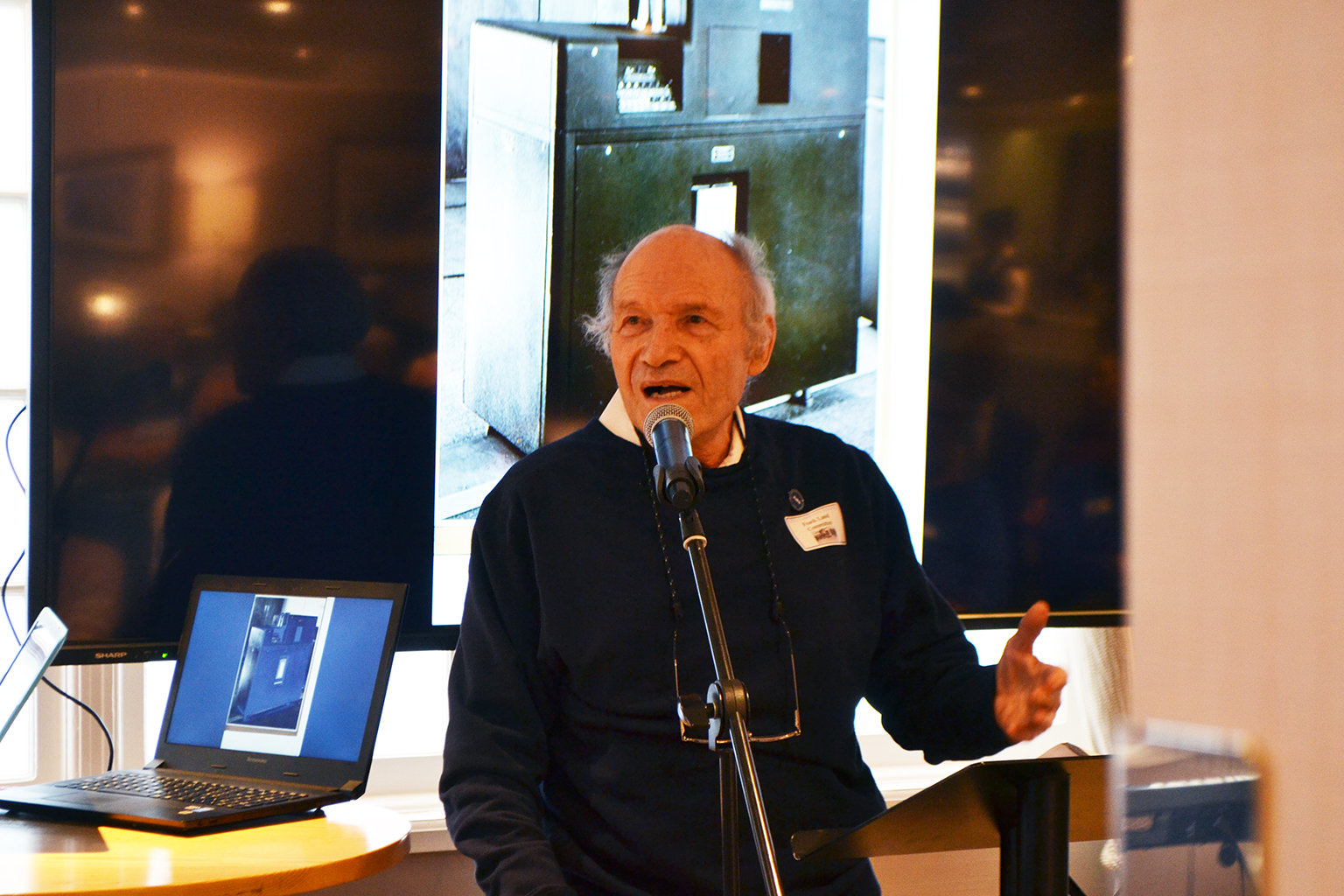 The final presentation was by Chris Monk, part of the HLF project team, who is currently examining the viability of a VR (Virtual reality) version of LEO I. He gave a fascinating demonstration of how the VR might work and showed how he was using old photos to delineate the computer room – and people’s memories to help him ‘colourise’ the black and white images. The opportunity was taken with so many early LEO staff present to take some group photographs – of those who worked on LEO I, for example, and of groups of programmers, of engineers and of consultants from LEO II and III.
The success of the reunion can be gauged by some of the comments received after the event, such as one of the pioneers who wrote: "Quite simply, it was a wonderful experience that took me right back to the camaraderie and joy of working for LEO in the 50s, the highlight of my working life."
It is of interest that this pioneer, Peter Hermon, progressed in his career after LEO to join BOAC where he originated BOADICEA, the computerised check-in system, oversaw the merger with BEA and became a board member of the resultant British Airways.  --- ENDS
Notes to editors:
Centre for Computing History Established in 2006, the Centre for Computing History is a charitable heritage organisation with a strong focus on learning. Since opening in Cambridge in August 2013, the Centre has helped people understand how tech has shaped the modern world and revolutionised the way we live, work and play through interactive displays and exhibitions, our schools programme, learning events and workshops, and an astonishing collection of computers old and new. Visit www.computinghistory.org.uk. Follow @computermuseum.
The LEO Computers Society
The Society is committed to promoting and protecting LEO's history. Membership of the Society is open to all ex-employees of LEO Computers and its succeeding companies, anyone who worked with a LEO computer and anyone with a specific interest in the history of LEO Computers. Among its members are pioneers from the very early days of computing and membership is currently free of charge. Visit www.leo-computers.org.uk. For further information or images, please contact: Lisa McGerty (lisa@computinghistory.org.uk, 01223 214446). Story By: Lisa McGerty Date : 25-04-2019 |

